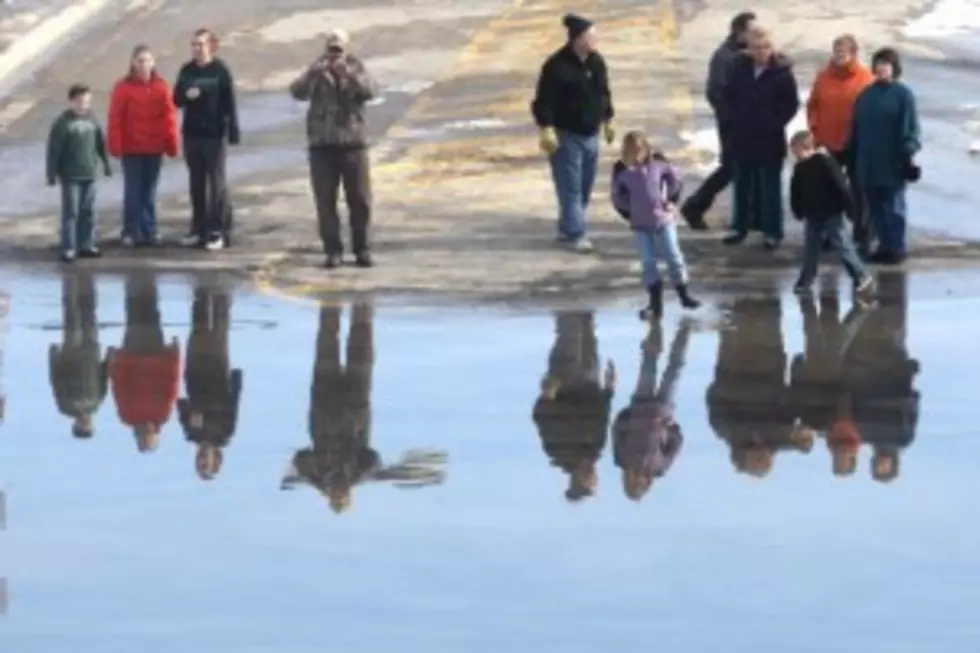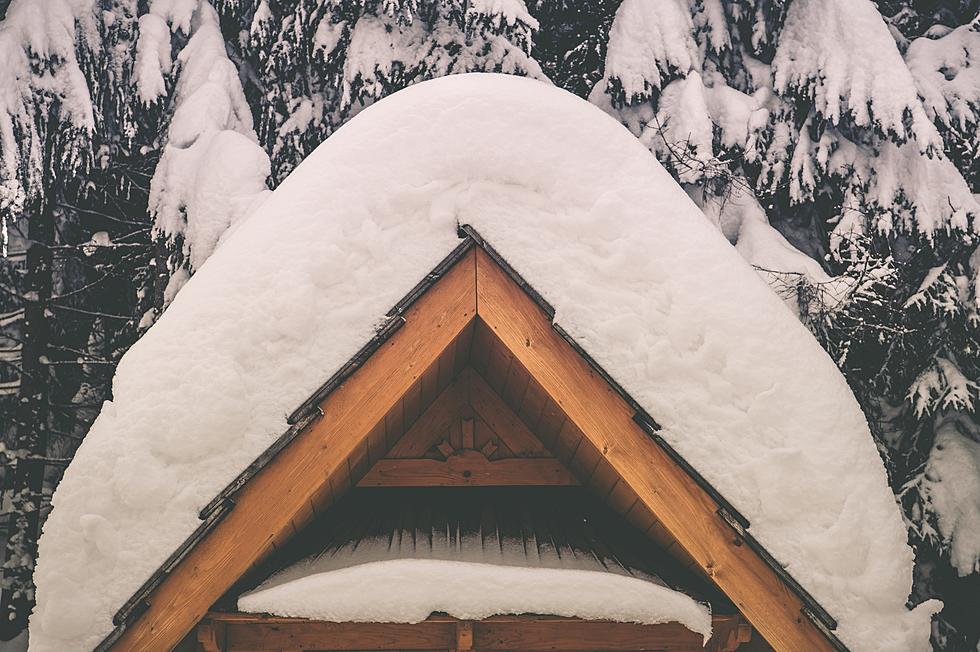
Flood Information
The high snowpack and the current rain is making flooding a real threat for alot of montana. CLICK HERE for current info from the Montana Department Of Transportation on road closures in the state.
Gallatin County wishes to remind residents that the potential for spring flooding is present and could occur at any time. The current and predicted weather, combined with the snow pack, has setup Gallatin County to be susceptible to flooding in the immediate future. Property that is susceptible to flooding (flooding has occured in the past or looks like it could occur) should be preparing now to protect their property. Once flooding occurs it is usually too late to do much good in protecting property.
Sandbags are available for purchase from several local hardware stores. Stores that have indicated having sandbags in stock include; Bozeman Brick and Tile (Kenyon Noble), Belgrade True Value, Lowe’s, and Big Sky True Value. Straw bales wrapped in plastic can also be an effective tool in controlling flood waters. Information on using sandbags is available at http://www.ReadyGallatin.com
If people find themselves in flooded areas, they are encouraged to follow these safety practices:
Do Not Walk Through Flowing Water
Drowning is the number one cause of flood deaths. Most occur during flash floods. Six inches of moving water can knock you off your feet. Use a pole or stick to make sure that the ground is still there before you go through an area where the water is not flowing.
Do Not Drive Through a Flooded Area
Most people drown in their cars than anywhere else. Don’t drive around road barriers; the road or bridge may be washed out.
Stay Away From Power Lines and Electrical Wires
Electrocution is also a major killer in floods. Electrical current can travel through water. Report downed power lines to your utility company or local emergency manager.
Turn Off Your Electricity When You Return Home
Some appliances, such as television sets, can shock you even after they have been unplugged. Don’t use appliances or motors that have gotten wet unless they have been taken apart, cleaned, and dried.
Watch for Animals, Especially Snakes
Small animals that have been flooded out of their homes may seek shelter in yours. Use a pole or stick to poke and turn items over and scare away small animals.
Look Before You Step
After a flood, the ground and floors are covered with debris including broken bottles and nails. Floors and stairs that have been covered with mud can be very slippery.
Be Alert for Gas Leaks
Use a flashlight to inspect for damage. Don’t smoke or use candles, lanterns, or open flames unless you are sure that the gas has been turned off and the area has been aired out.
Carbon Monoxide Exhaust Kills
Use a generator or other gasoline-powered machine outdoors. The same goes for camping stoves. Fumes from charcoal are especially deadly — cook with charcoal only outdoors.
Clean Everything That Get Wet
Floodwaters have picked up sewage and chemicals from roads, farms, factories, and storage buildings. Spoiled food and flooded cosmetics and medicines are health hazards. When in doubt, throw them out.
Take Good Care of Yourself
Recovering from a flood is a big job. It is tough on both the body and the spirit. And the effects a disaster has on you and your family may last a long time. Learn how to recognize and care for anxiety, stress, and fatigue.
For more information on flooding (including current river levels and forecasts) please visit the website below.
Gallatin County wishes to remind residents that the potential for spring flooding is present and could occur at any time. The current and predicted weather, combined with the snow pack, has setup Gallatin County to be susceptible to flooding in the immediate future. Property that is susceptible to flooding (flooding has occured in the past or looks like it could occur) should be preparing now to protect their property. Once flooding occurs it is usually too late to do much good in protecting property.
Sandbags are available for purchase from several local hardware stores. Stores that have indicated having sandbags in stock include; Bozeman Brick and Tile (Kenyon Noble), Belgrade True Value, Lowe’s, and Big Sky True Value. Straw bales wrapped in plastic can also be an effective tool in controlling flood waters. Information on using sandbags is available at http://www.ReadyGallatin.com
If people find themselves in flooded areas, they are encouraged to follow these safety practices:
Do Not Walk Through Flowing Water
Drowning is the number one cause of flood deaths. Most occur during flash floods. Six inches of moving water can knock you off your feet. Use a pole or stick to make sure that the ground is still there before you go through an area where the water is not flowing.
Do Not Drive Through a Flooded Area
Most people drown in their cars than anywhere else. Don’t drive around road barriers; the road or bridge may be washed out.
Stay Away From Power Lines and Electrical Wires
Electrocution is also a major killer in floods. Electrical current can travel through water. Report downed power lines to your utility company or local emergency manager.
Turn Off Your Electricity When You Return Home
Some appliances, such as television sets, can shock you even after they have been unplugged. Don’t use appliances or motors that have gotten wet unless they have been taken apart, cleaned, and dried.
Watch for Animals, Especially Snakes
Small animals that have been flooded out of their homes may seek shelter in yours. Use a pole or stick to poke and turn items over and scare away small animals.
Look Before You Step
After a flood, the ground and floors are covered with debris including broken bottles and nails. Floors and stairs that have been covered with mud can be very slippery.
Be Alert for Gas Leaks
Use a flashlight to inspect for damage. Don’t smoke or use candles, lanterns, or open flames unless you are sure that the gas has been turned off and the area has been aired out.
Carbon Monoxide Exhaust Kills
Use a generator or other gasoline-powered machine outdoors. The same goes for camping stoves. Fumes from charcoal are especially deadly — cook with charcoal only outdoors.
Clean Everything That Get Wet
Floodwaters have picked up sewage and chemicals from roads, farms, factories, and storage buildings. Spoiled food and flooded cosmetics and medicines are health hazards. When in doubt, throw them out.
Take Good Care of Yourself
Recovering from a flood is a big job. It is tough on both the body and the spirit. And the effects a disaster has on you and your family may last a long time. Learn how to recognize and care for anxiety, stress, and fatigue.
For more information on flooding (including current river levels and forecasts) please visit the website below.
More From My 103.5 FM









